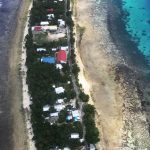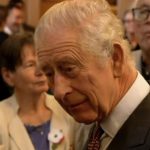But when tens of thousands of Ukrainians fled to Israel in the wake of Russia’s invasion, they had no idea of what the future would hold.
With men aged 18 to 60 forbidden to leave Ukraine, the refugees were mostly women, children and the elderly. Among them, four courageous teenagers who arrived alone in Israel to start a new life as a result of Moscow’s assault on their homeland on February 24, 2022.
Little more than a year and a half later, these young people found themselves immersed in another conflict, as they study at a boarding school just 8 miles from Gaza.
“The day before was very peaceful,” recalled Artem Karpin, 18, of Hamas’ attack on Israel on October 7. “I remember thinking I wasn’t really ready with my homework and wondering how to postpone my deadlines.”
Karpin lives and studies at Kfar Silver, a youth village near Ashkelon, close to where Hamas militants infiltrated the border that Saturday morning. He is one of about 40 Ukrainian refugees to enrol there since Russia invaded his country.

Run by the global education charity World ORT, the “village” is effectively a sprawling complex for 1,090 children from challenging backgrounds – including 250 boarders.
Originally from the southwestern city of Odesa, Karpin had been visiting relatives in Israel when Russia invaded Ukraine. His father gave him no choice but to stay put.
“I started crying when I began to understand that I’m not going back,” he told CNN at Kfar Silver. “I felt betrayed. I didn’t think it was a wise decision to leave me here.”
Nearly 2,000 miles from his parents, Karpin, then 16, enrolled at Kfar Silver, where he soon began to learn the language, make friends and settle in. That was until life was upended again on October 7.
“That morning we all ran from the dorms to the shelter in the school,” he said. “I was scared but not terrified. I was trying to talk it all through rationally and it really helped.”
Karpin was one of 63 of pupils on site that day, as was 18-year-old Michael Reider.
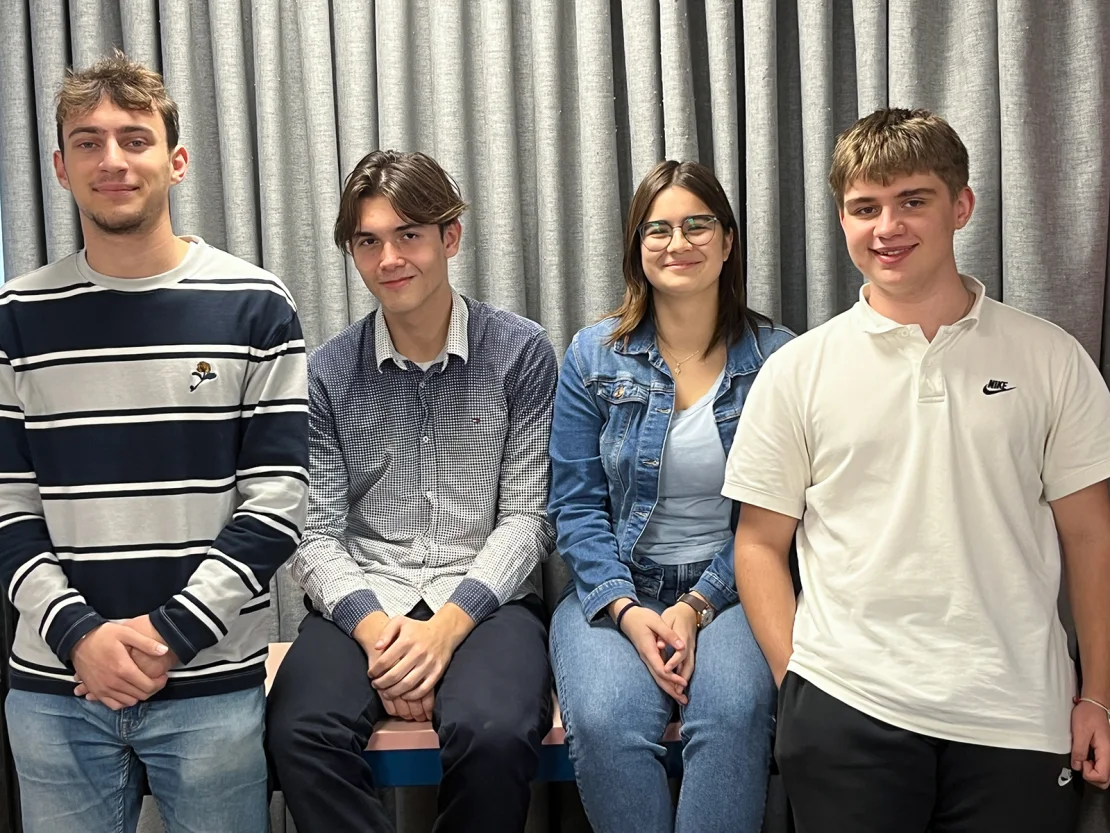
Originally from Kyiv, Reider arrived in Israel in March 2022 following a gruelling journey from his homeland to Poland, where he spent a week on his own before flying out.
On that “black Shabbat” of October 7, he said: “I woke up and there were a lot of sirens and rockets were flying.
“I had already experienced one invasion and now this was a second one. I don’t know how to explain it – I wasn’t really afraid. I felt kind of angry and like I had the energy to fight.”
Pupils and staff remained in the shelter for hours as the unprecedented terror raged around them.
Amos Gofer, who served in the IDF for 25 years before becoming chief executive of Kfar Silver, told CNN: “During my military service I spent time in Lebanon, Gaza, occupied territories. I saw some stuff but October 7 was the hardest day of my professional life.
“We were terrified. We knew very early that the situation was very bad, that there were a lot of terrorists.”
‘Thousands of rockets’
Friday had marked the end of a week-long religious holiday, so fortunately very few pupils were at school, said Gofer. Most of the Ukrainian students, however, had nowhere else to be.
“I was sure the terrorists were going to come here to kill us,” said Gofer, who keeps the remains of a rocket which exploded on the school grounds on his desk.
“I had three people with personal pistols, which was nothing compared to the heavy ammunition the terrorists had.
“We saw no helicopters, no police, no military – I still don’t understand why it took so long,” said Gofer, referring to widespread reports on October 7 that the army and security forces took hours to react to the incursions.
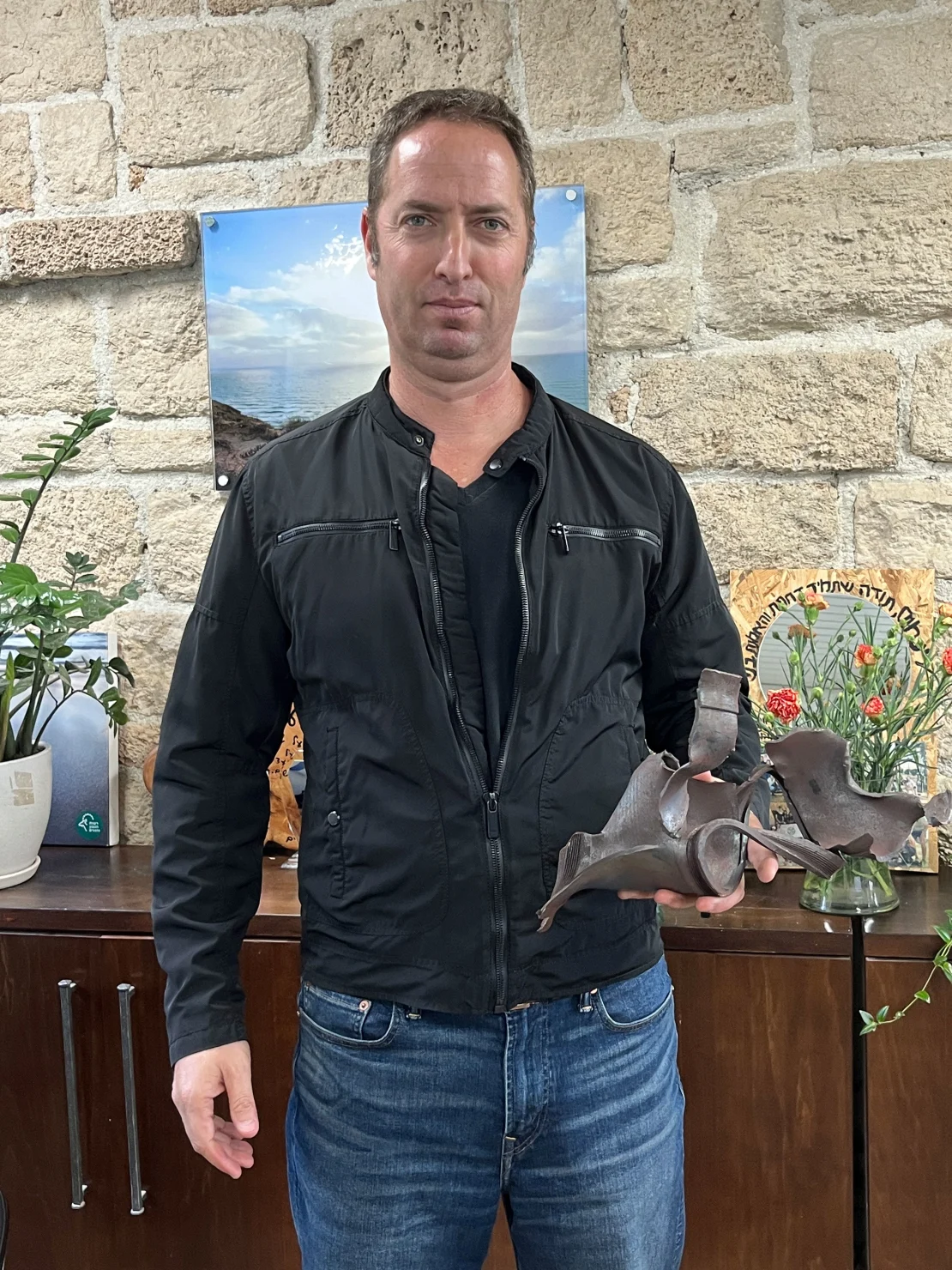
Gofer told CNN that “thousands of rockets” flew over the village, while fires broke out everywhere around them.
With no response to his repeated calls to the army and emergency services, who were dealing with ongoing attacks in multiple locations, Gofer finally called a bus company manager he knew.
“He told me none of his bus drivers were willing to come… everyone was terrified.”
Two drivers from the bus company eventually volunteered to evacuate the children to another village further north, he added. “They told me if they’re not out of here in two, three minutes they would go without the students.”
Karpin recalled: “We had several minutes to pack our clothes and run for the buses. I got the most essential stuff and that’s it. In an hour or two we were in Netanya.”
Four days later, Karpin’s parents, back in Ukraine, insisted that he leave Israel with other relatives for Europe.
“After three weeks I started to feel that I wanted to return (to Israel),” he said of his time in Greece and Germany. “I missed my studies and my friends. It was getting a little safer in Israel, so I convinced my family I needed to get back.”
‘I was scared’
In common with some other foreign boarders, 17-year-old Maria, who asked not to give her surname for privacy reasons, was staying with a nearby “host family” because of the religious holiday when Hamas launched its assault on October 7.
“At six in the morning we were all running to the shelter and you could hear sirens,” she said.
Originally from the eastern Ukrainian city of Kharkiv, Maria and her younger brother had moved to their father’s home in Kyiv following the Russian invasion. Eventually the two siblings left the country via Moldova and flew to Israel.
“When war broke out in Ukraine it was like life fell apart and this time it was very similar – I had flashbacks,” she said. “I was scared but also thought if I tried to distance myself as much as possible everything would be OK.”
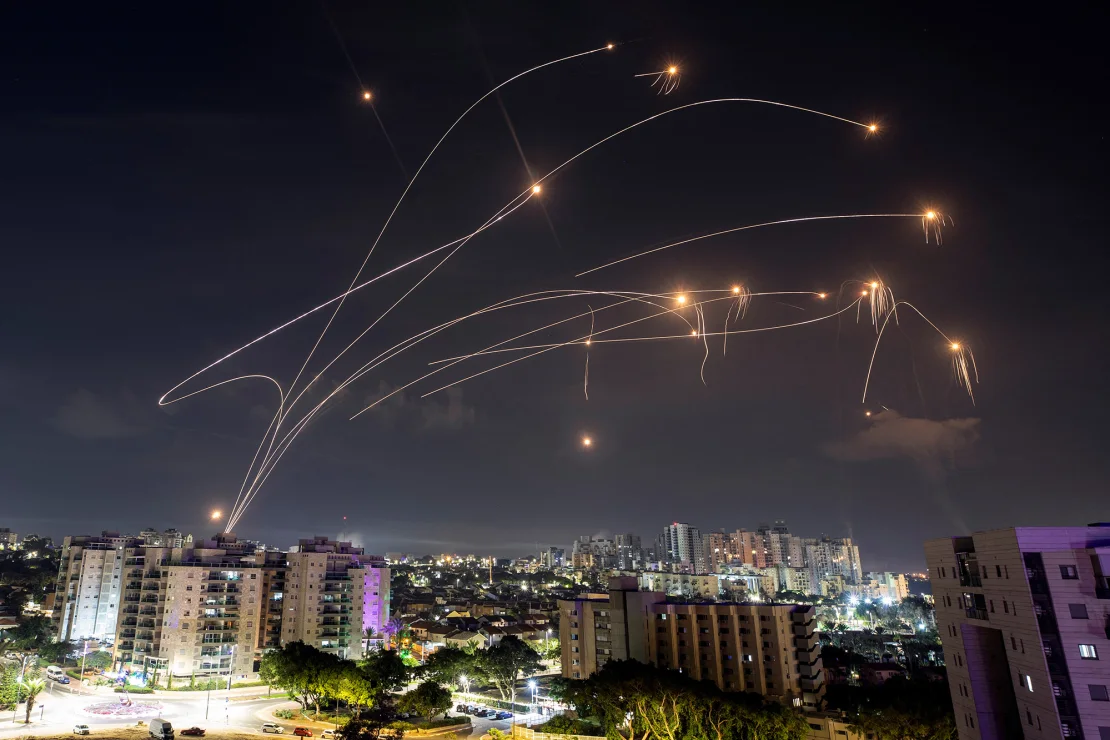
She remained with the family, who live in Ashkelon, for several days before heading north to join the evacuees, including her brother. There they remained until last month when they returned to the school.
“My mum was worried about us,” she said, adding that their mother suggested they return home to Ukraine.
“I told myself I could go back but that I’d be going back to war and I couldn’t possibly know if it’s safer. At the same time, I didn’t want to leave Israel. I thought ‘do I need to flee again to start life again once more?’”
After lengthy family discussions, the siblings decided to stay.
“In some ways I’d rather be here,” said Maria. “I just wish for my family to be brought together again in peace.”
Fellow Ukrainian Sviatoslave Kulyk, 17, told CNN he had “not been afraid at all” about leaving his family for Israel back in 2022.
“I understood that it was better to live in a country with no war,” he said.
That all changed when he woke up at his friend’s house in Ashkelon on October 7.
“I had flashbacks to Ukraine, especially when we watched TV about what was happening,” said Kulyk, who told CNN he had witnessed Russian forces roll into his street from his home in Kharkiv.
“My mum was really afraid of me being in Ashkelon but I was trying to explain that I had a bomb shelter here,” he said, adding that Ukrainian homes are not equipped with so-called safe rooms. All Israeli homes built after 1993 must have such a shelter, designed to protect residents from rocket attacks.
‘Everyone’s on high alert’
With the village now at “95% operational,” according to Gofer, counsellors, social workers and psychologists are on hand to support pupils as they navigate the mental and emotional fallout of the war.
Kulyk said he feels safe but admitted that “sometimes it’s really hard for me to live in Israel.” However, he added: “I’m not sure I’ll go back to Ukraine. My main goal is to finish school right now.”
In the immediate aftermath of Hamas’ attack “hundreds of terrorists were caught in the area,” said Gofer, who told CNN that around 35 pupils at Kfar Silver had relatives who were murdered or kidnapped.
Many families and staff remain evacuated from their homes, while some teachers are serving in the IDF reserves.
Rockets continue to fly, though less frequently, while some staff – including Gofer – now have access to long-range rifles.
“Everyone’s on high alert,” he said. “People aren’t afraid of sirens – they’re afraid of terrorists.”
And yet the situation has not dented the optimism and determination of these four youngsters.
Both Maria and Kulyk are interested in studying international relations – something they are surely more qualified for than most teenagers.
Reider has other ideas. “When the war started here there was relative silence in Ukraine and my family felt more safe,” he said.
“They were very worried (about me) but I didn’t want to go back. I’m a Jew and Israel is my country. If Israel calls me to the army, I’ll go.” A period of military service is compulsory for most Israelis when they turn 18.
Karpin plans to study electrical engineering in Israel.
“I want to go back home once I have two university degrees so I can work on rebuilding and improving Ukrainian infrastructure and make my country a safe and better place,” he said.

